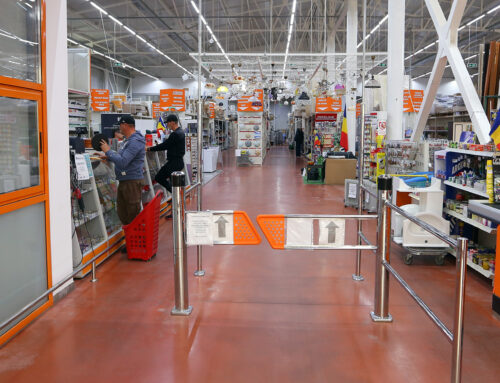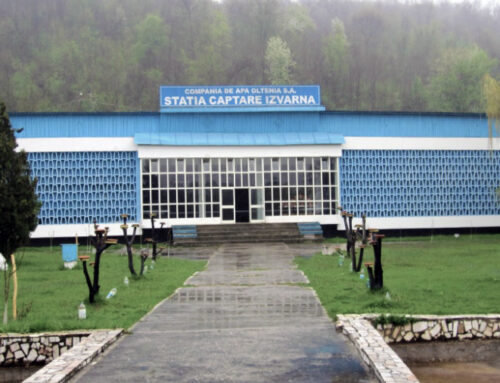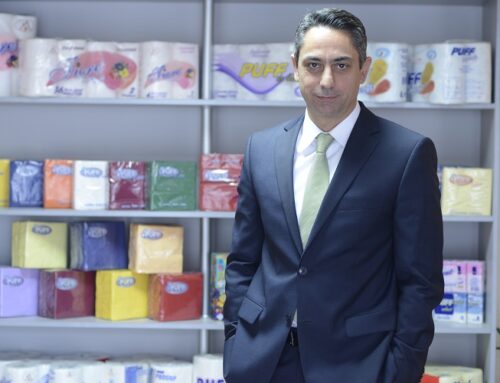
Dr. Ion Jinga, Romania’s Ambassador to Great Britain and Northern Ireland, discusses his country’s accomplishments and aspirations.
European Times: You have won awards for your diplomatic service from the leaders of Romania, France and Belgium, you were named “Ambassador of the Year” in Brussels in 2007 and in London in 2012, and you were awarded “The Freedom of the City of London” in 2014. Can you tell us about your career?
Ion Jinga: In my 22 years in the Ministry of Foreign Affairs, I was a member of the team which negotiated EU accession for Romania, a director general for EU Affairs and a member of the Convention on the Future of Europe which drafted the Lisbon Treaty. The highlight of my career, however, is my 12-year service as Romania’s Ambassador to Brussels and the UK. I have been witness to events that will go down in history, including the revival of the Romanian-British Strategic Partnership.
European Times: What are your current priorities as ambassador?
Ion Jinga: When I came to London in 2008 I established four priorities for the Romanian Embassy: to bring a new dynamism to the Strategic Partnership between Romania and the UK; to boost bilateral economic cooperation; to promote Romania’s image in the UK; and to protect the interests of the Romanian community living in the UK. After almost seven years, I am proud to quote the former British Foreign Secretary William Hague, who said that bilateral relations between Romania and the UK have never been better. Our strategic partnership includes intensive political dialogue and excellent cooperation in areas such as defence and security, economy and trade, justice and home affairs, social affairs and culture. The economic cooperation between the two countries has seen spectacular developments in recent years, marked in 2013 by a record level of bilateral trade in which Romania came out ahead by almost €800 million. The promotion of Romania’s image in the UK is done through cultural, economic and social events organised by our Embassy, as well as by the public statements, interviews and articles I published in the British media – only in 2013 it was more than a hundred. I have travelled all over the UK to meet Romanian communities in order to know their problems and to help and reassure them of the permanent support provided by the Romanian authorities.
European Times: What is your position on liberalising the labour market for Romanian citizens?
Ion Jinga: Alarmist media have provoked unreasonable fears about the lifting of restrictions on the labour market in January 2014. Now, Romanians living in the UK have the same status as other EU citizens, including British citizens living in Romania. The vast majority of Romanian workers play a positive role in the economies of destination countries as they are working in fields which lack sufficient manpower. In the UK, Romanians are contributors, not a drain to the public purse. They are mainly employed in the healthcare, research, financial services, construction and public services sectors. Not to mention the 6,000 Romanian students enrolled in British universities. Removal of restrictions significantly reduced cases of labour exploitation.
“Romania is one of the most high-potential markets in Central and Eastern Europe.
On average, 15 companies with British capital are registered in our country each month, and Romania now has a total of around 5,000 UK companies.”
European Times: What is your strategy for improving the image of Romania and Romanian nationals in the UK?
Ion Jinga: Promoting a fair and accurate image of Romania in the UK is a top priority for me. My strategy is to be always credible in what we do and say. Credibility is the most important asset of a diplomat. It is important to be a good communicator and to have access to those circles where perceptions are shaped and messages are sent to the public. You cannot get everyone’s agreement on everything, but you can make the others respect your opinions. The best way is to build partnerships, to identify and maximise Romanian-British common interests.
European Times: What makes Romania attractive for UK investors?
Ion Jinga: Romania is one of the most high-potential markets in Central and Eastern Europe. On average, 17 companies with British capital are registered in our country each month, and Romania now has a total of around 5,000 UK companies. Sectors of particular interest for British investors are petrochemicals and oil extraction, green energy, ICT, light industry, agriculture and food processing. British and other foreign investment in Romania will certainly increase in the near future because Romania offers highly skilled labour force, access to European funds and many business opportunities.
European Times: What are the challenges that a European investor should expect when starting a business in Romania?
Ion Jinga: After the economic crisis that affected the entire continent, macro-economic stabilisation measures taken by Romania are starting to pay off. The “Ernst & Young European Investment Monitor 2013” ranks Romania tenth in the number of jobs created due to FDI and fourth in attractiveness for foreign investment among all Central and Eastern European states. This means that investors find in Romania the right conditions for business success.
European Times: What is your personal message to our readers?
Ion Jinga: Through its history, traditions, culture and geography, Romania has always been part of the European civilisation. Between the two World Wars, Romania was a regional power, the national currency was convertible and fully covered by gold deposits, and the Romanian elites were educated in London, Paris and Berlin. Without the 42 years of communism, my country would likely be as developed today as the UK, France or Germany. When it joined the EU, Romania did not return to Europe but rather was rediscovered by Europe. I strongly believe in an exceptional future for Romania and I am proud and honoured to serve the interests of my homeland as a diplomat.





